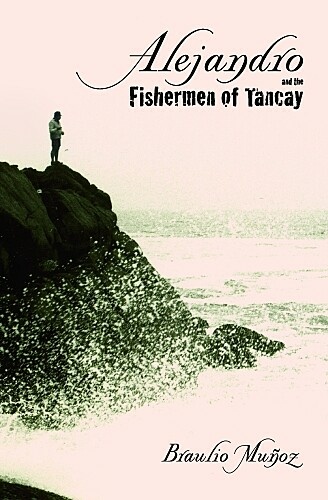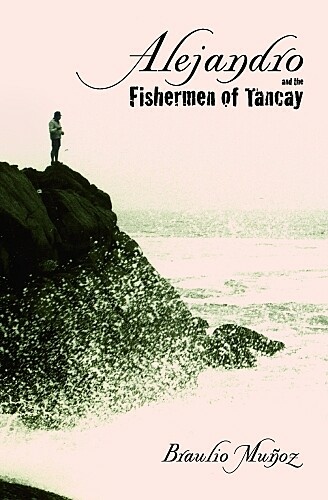Don Morales tells stories. He tells lots of stories. About Chimbote, the Peruvian town where he lives. About fishing, the lifeblood of the town. And about change, which is not always the same as progress. Stories about the first people to inhabit the region and stories about the people who live there now. Stories about the early people’s love of the land and more recent people’s destruction of it. Stories about how people used to get along with one another and stories about how things got to be so bad that the government began to murder its own citizens.
Don Morales is a wise man. But he is also a sad man, mourning the loss of the past, of better times, of brotherhood. With his short, evocative stories—told with simplicity and beauty—he pulls his readers closer to him, as if he were speaking directly to us. For the good fishermen of Tancay, life was better yesterday than it is today. It was better to live in harmony with the sea. When they lived in harmony with the natural world, there was harmony in the human world, too.
With a nostalgic feel, yet reflecting Peru’s current political instability, this is a delightful book with an important message. When the natural order is disrupted, it is not only fish that die. When nature dies, so might we all.
Don Morales is a wise man. But he is also a sad man, mourning the loss of the past, of better times, of brotherhood. With his short, evocative stories—told with simplicity and beauty—he pulls his readers closer to him, as if he were speaking directly to us. For the good fishermen of Tancay, life was better yesterday than it is today. It was better to live in harmony with the sea. When they lived in harmony with the natural world, there was harmony in the human world, too.
With a nostalgic feel, yet reflecting Peru’s current political instability, this is a delightful book with an important message. When the natural order is disrupted, it is not only fish that die. When nature dies, so might we all.






